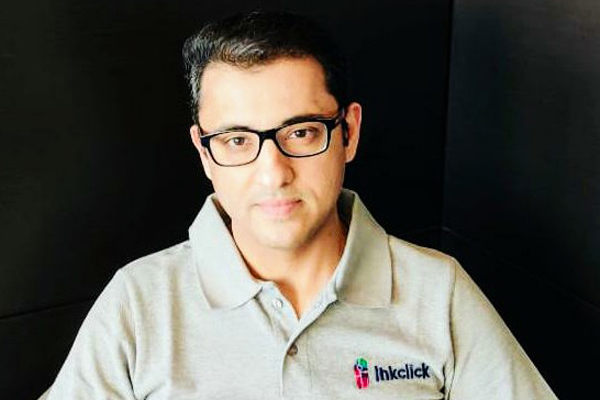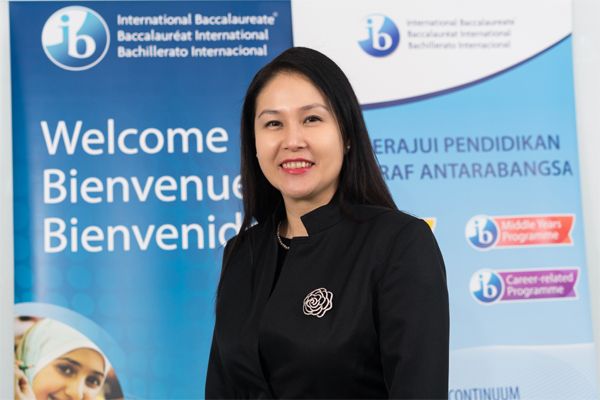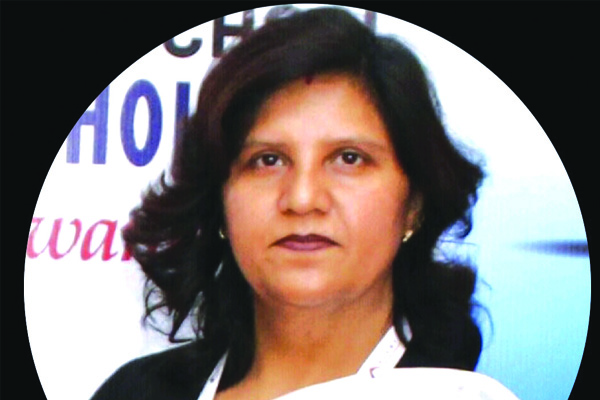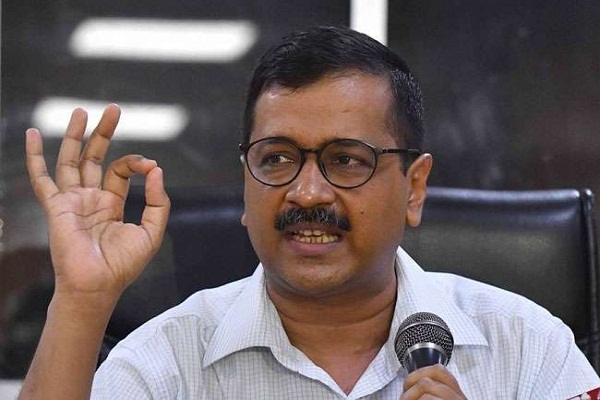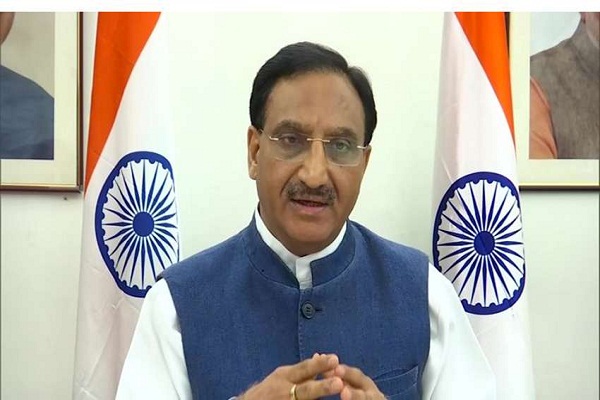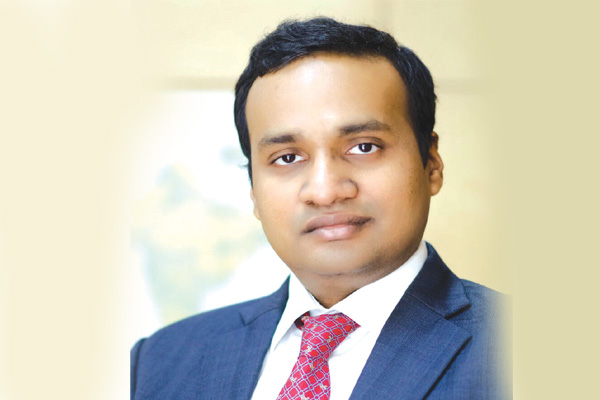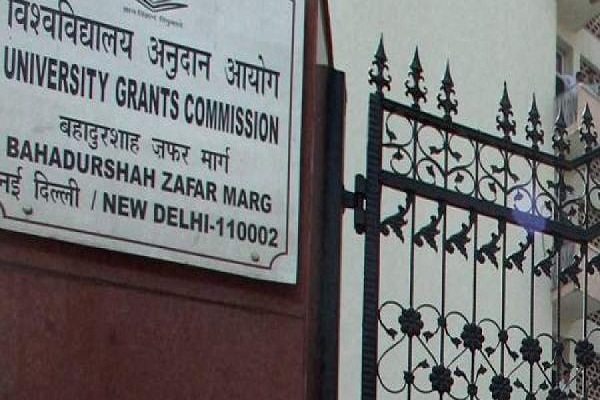Platforms like Inkclick are the closest thing to classroom experience that allows parents, teachers, and students to interact amongst each other for better measurement of growth, says Ankit Sanan, Co-Founder of Inkclick in an interview with Elets News Network (ENN).
How Inkclick is beneficial for students, when physical classes are yet to commence?
The pandemic and closure of schools have impacted the children not only in the Learning Value, but also with their personalities & social interactions. There is no denying that the closure of schools has affected student’s learning process and their personalities might have taken a certain level of hit. However, the online platforms have helped them to continue learning and interacting with their teachers and peers. Virtual classrooms are successfully fulfilling the need of the hour. Platforms like Inkclick are the closest thing to classroom experience that allows parents, teachers, and students to interact amongst each other for better measurement of growth.
What was the idea behind Inkclick, when it started?
We believe that Learning is a journey which an individual takes all through his/her life, starting from the nascent years. Learning is a voluntary journey, and no one can take you through it by imposing. A child starts learning from the day he/she is born. Every child has a different way of learning and cannot be generalized. Pestering a child to study/ learn is a futile exercise and can sometimes result in losing interest in the subject or studies altogether.
How are children finding the use of online scrapbooks as the concept is almost vanished?
We have realized that taking away technology or devices from the hands of our children is a far-fetched desire, as they are an integral part of our lives. Our approach is if we can’t take them away, we instead give them something worthwhile to do with it. Children today are developing with gadgets, like toys in their hands. Technology is one of the most integral parts of our lives. Today, technology will not only help them to do day to day jobs but also will enable them to bring a change in the world.
Also read: Virtual classroom to be set up in 224 government schools
We can see students, mentors and parents in one platform, how will it be beneficial for all of them?
The learning years of a child are deeply influenced by their parents and teachers, bringing them under the same community has a positive impact to all stake holders. The first teacher of any child is their parents. Humans tend to copy the behavior of people they look up to or are their role models. Bringing them under one umbrella will allow us to address the issues at one forum and make it easier to communicate and arrive at a feasible solution quickly. Inkclick enables parents, teachers, and students to come on one platform and use it to their advantage. The students will use the platform to learn and network.
What are your expansion plans?
We intend to extend the offering to tier 2 & 3 cities and beyond, to reach every corner of the country, this will enable our user to still learn whilst being in the remotest part of the country be it online or offline which we currently support. Cost should not be a barrier and education is everyone’s right, keeping that in mind the paid content on the platform will be as low as Rs. 159/-, along with that going forward we intend to have a special program for identified NGOs and Student foundations.
We envisage Inkclick to be a Global community and Marketplace for students, parents, and mentors where they connect and learn. To achieve that, we plan to expand our user base to the Middle East, SE Asia, and Africa. Keeping the language barrier in mind, the platform will extend to Hindi and Arabic in the next phase.





